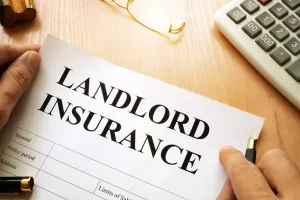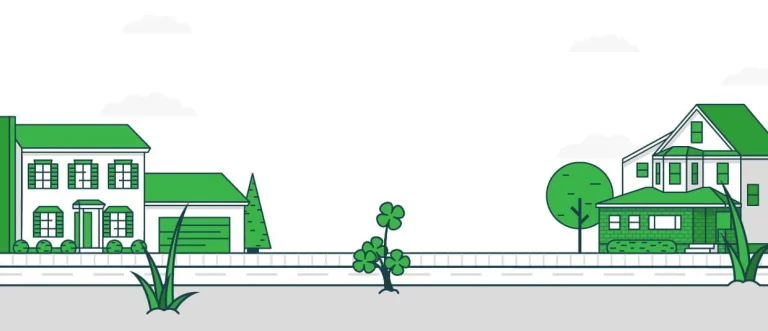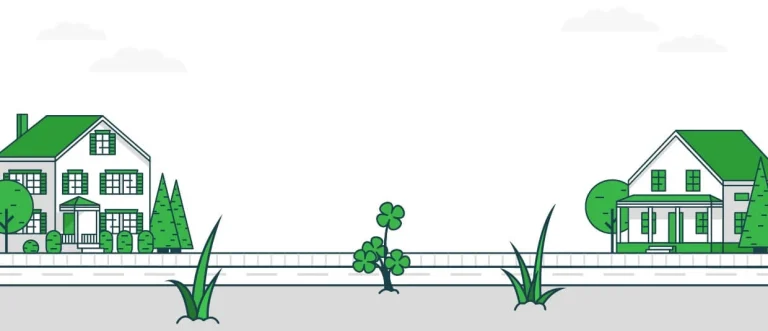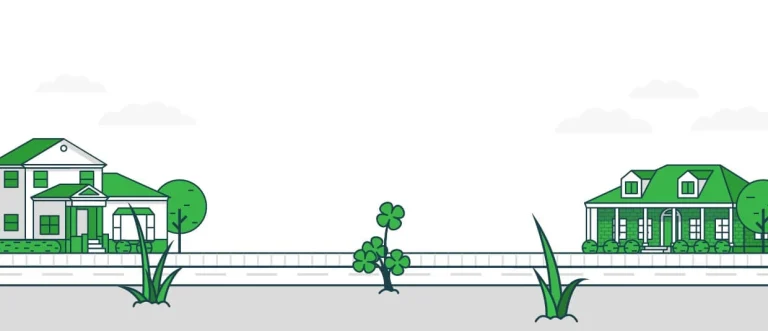Being a landlord isn’t always a walk in the park. Since you won’t be at your rental property all the time, you can’t be certain your tenants are treating your property exactly how you would. You just don’t always know what’s going on day-to-day, and there are more risks involved than if you were living at that home.
Landlord insurance exists to protect your rental property from all sorts of damage that can occur when you’re not there. But, do you need it, and how much should you get? Let’s find out.
Is Landlord Insurance Required?
Landlord insurance isn’t required by law, but this doesn’t mean you shouldn’t get it. A rental property is a significant investment that you’ve likely put a lot of time and money into. Leaving it unprotected in case of disaster would be very risky.
Think about it like this. Homeowners insurance isn’t mandated by law, either, but most people have the policy to protect their house. Unless you’re comfortable paying out of pocket for major home repairs, it’s a wise move to pay for an insurance policy on a property you own.
To be clear, your homeowners insurance policy will not cover a property you’re not living in that you’re renting out to tenants. For this situation, you’d need a landlord insurance policy. If you have a mortgage on a property you’re renting out, your lender may require you to get a landlord policy on it anyway.
Landlord insurance, also called rental property insurance, covers the structure of the building your tenants live in, guards you against financial liability due to an accident on the property, and can reimburse you for lost rental income on the property if your tenants are forced to move out due to a covered peril. A lender could require you to get a landlord policy if you’re renting out the property to protect their investment.
Do I Need Landlord Insurance?
The short answer is yes. It’s a wise investment to get landlord insurance for your rental property. When getting insurance, though, be careful not to get underinsured. Not having enough insurance almost defeats the point of getting a policy in the first place.
If you’re renting out a single-family home or duplex, you can get a dwelling fire policy. If you’re renting out a large complex with several (usually more than five) units that are generating substantial income, though, you may need a business owner’s policy (BOP) or some type of commercial policy.
It’s important to remember that landlord insurance doesn’t cover your tenants’ belongings. If your tenant wants their stuff protected, or you want to make sure they have their stuff protected, you can mandate them to get renters insurance.
As far as contents coverage goes, your landlord policy will only protect the stuff you own in your rental property. Since your tenant likely brought most of their own stuff, like furniture and electronics, your landlord plan may cover the appliances – refrigerator, washer, or dryer – in the rental if you own those. Or, it may cover lawn equipment you keep in a shed in the backyard.

Protect Your Investment With Landlord Insurance
You’ve worked hard to buy your rental property. Protect it with a custom policy at an affordable price.
How Much Landlord Insurance Do I Need?
To get a better idea of how much landlord insurance you need, we’ll go over the three areas of a landlord policy we mentioned earlier. The exact amount you need varies due to your location and the size of the building you want to be covered, but you should generally always get enough dwelling coverage to fully rebuild your home and enough liability coverage to sufficiently cover all of your assets.
Landlord Dwelling Coverage
If you’re looking to insure a single-family home or duplex that you want to rent out, the type of landlord policy you’ll get is called a dwelling fire policy. A dwelling fire policy is designed for residential structures you don’t live in.
There are three types of dwelling fire policies, DP-1, DP-2, and DP-3. A DP-1 plan is the most basic and offers the least protection. It’s also the cheapest. DP-1 and DP-2 policies are known as “named peril” policies. This means they’ll only protect the structure of your rental property from the potential causes of damage named in the policy.
Generally, DP-1 and DP-2 plans won’t protect you from falling objects or theft. They also may reimburse you on an actual cash value basis instead of a replacement cost basis. Also, you may not be able to add lost rental income protection to these forms.
A DP-3 policy is the most comprehensive and most common. It’s an open-peril policy, meaning it protects you from any form of damage except those specifically named and excluded in the policy. In other words, it offers the most protection for the structure of your rental property.
You always want to be sure you protect your dwelling for at least as much as it would cost to rebuild it sufficiently and similarly in case of disaster. This is called its replacement cost.
Your property’s replacement cost is likely slightly more than what you paid for it due to construction and labor costs. So if your rental property’s value is $200,000, you’d need at least $200,000 in dwelling coverage.
Landlord Liability
Arguably the most important part of a landlord insurance policy, you should get enough liability coverage on your plan to cover all of your assets. This usually entails a minimum of $300,000 to $500,000 worth of coverage, but it’s not a bad idea to get $1 million in coverage to be there for you in the worst-case scenario.
If a guest of a tenant in your rental property hurts themselves due to something you may be responsible for, like a crack in the sidewalk or a shaky hand railing on the stairs that caused them to fall, they may sue you (the property owner – not the tenant) to cover their medical bills. The liability portion of your landlord policy will cover these medical bills and your legal expenses should this occur.
If you have millions of dollars in assets, you may want millions of dollars in liability coverage. If you reach the maximum amount of liability coverage offered in your landlord policy and want more, you should look into getting an umbrella policy for further liability protection.
Loss of Rental Income
The amount of lost rental income coverage you should get depends on what you’re comfortable with losing out on. If your rental property gets rendered uninhabitable by a covered peril, say a fire or hurricane, your tenants will move out and you won’t get rent from them anymore.
Thus, you should make sure your insurer covers the amount of rental income you’re missing out on until you’re able to have tenants move in again after the house is rebuilt or repaired. You can probably get the house fixed in a year, so a year’s worth of rental income, whatever that is to you, could be sufficient coverage.
For example, if your renters were paying you $2,000 per month, and they have to move out for a year while the rental property is rebuilt after a tree falls through the roof, you’re missing out on $24,000 of rental income ($2,000 x 12 months). Your landlord insurance policy should cover this whole amount.
The editorial content on Clovered’s website is meant to be informational material and should not be considered legal advice.



